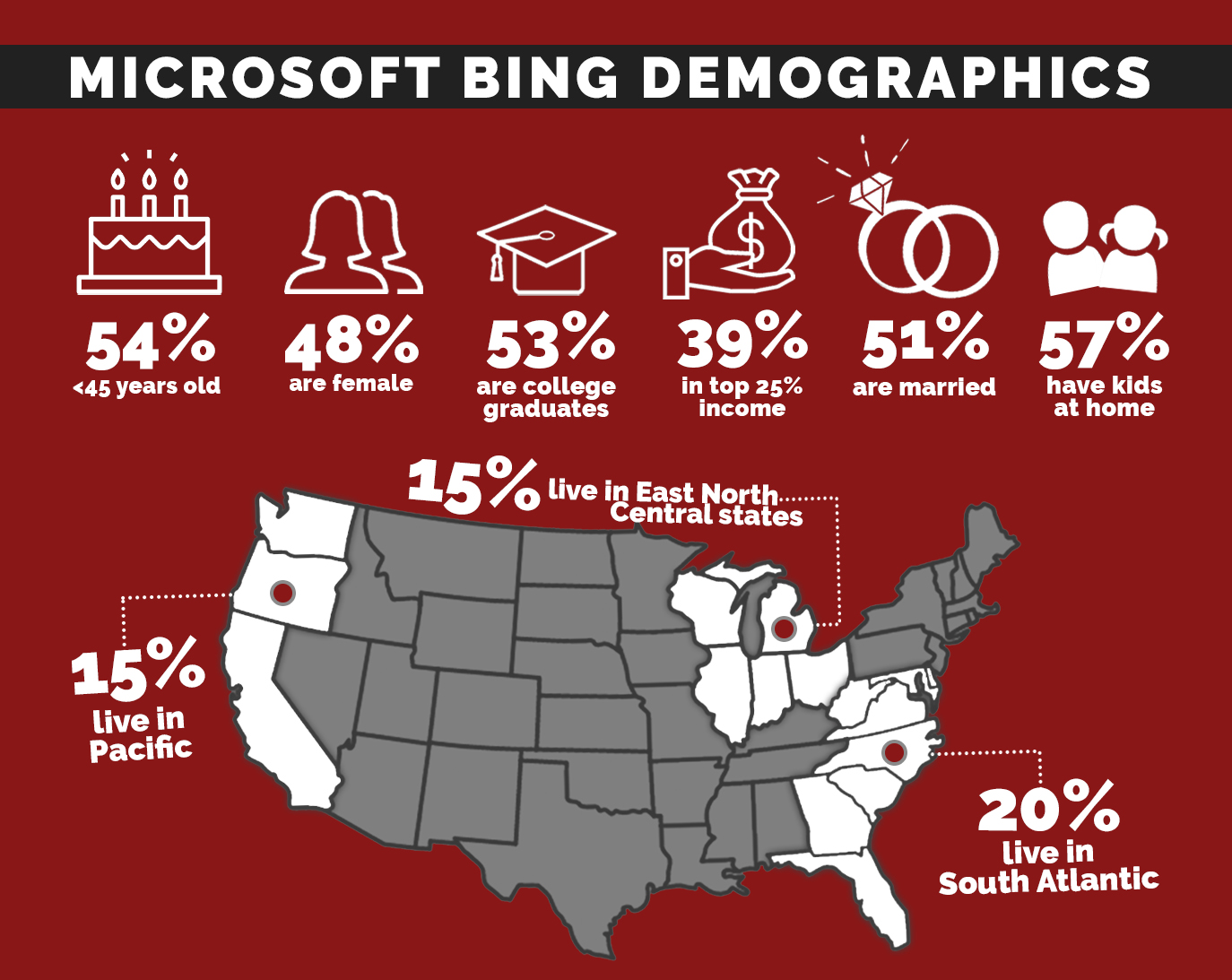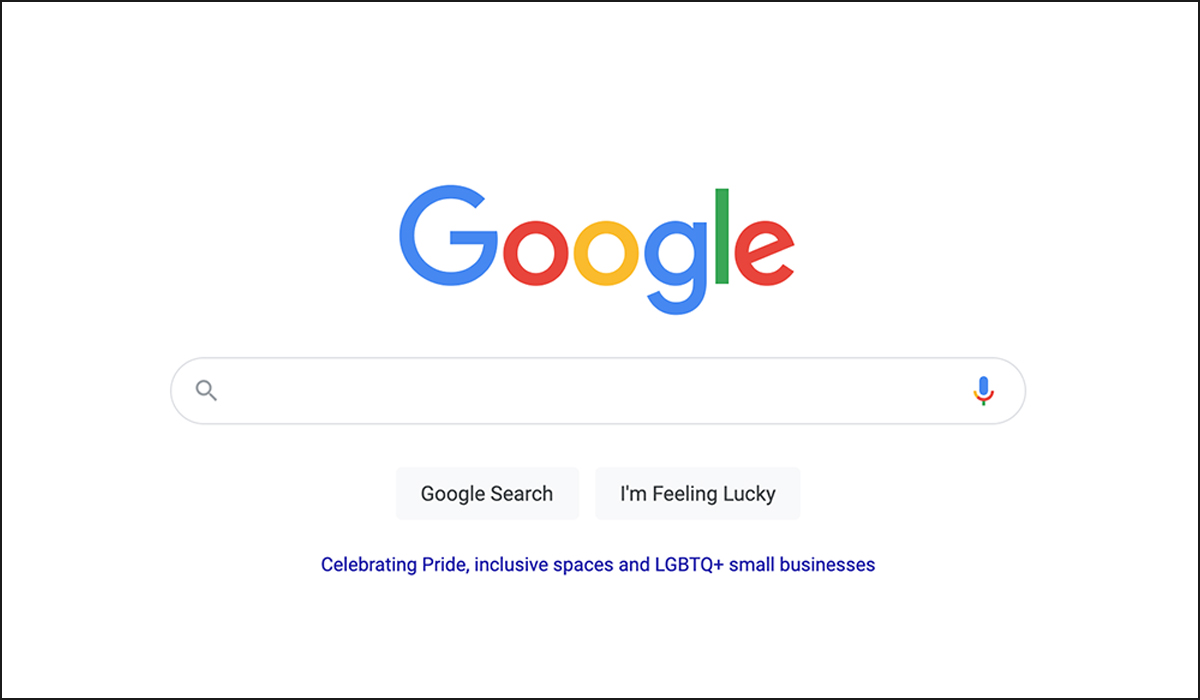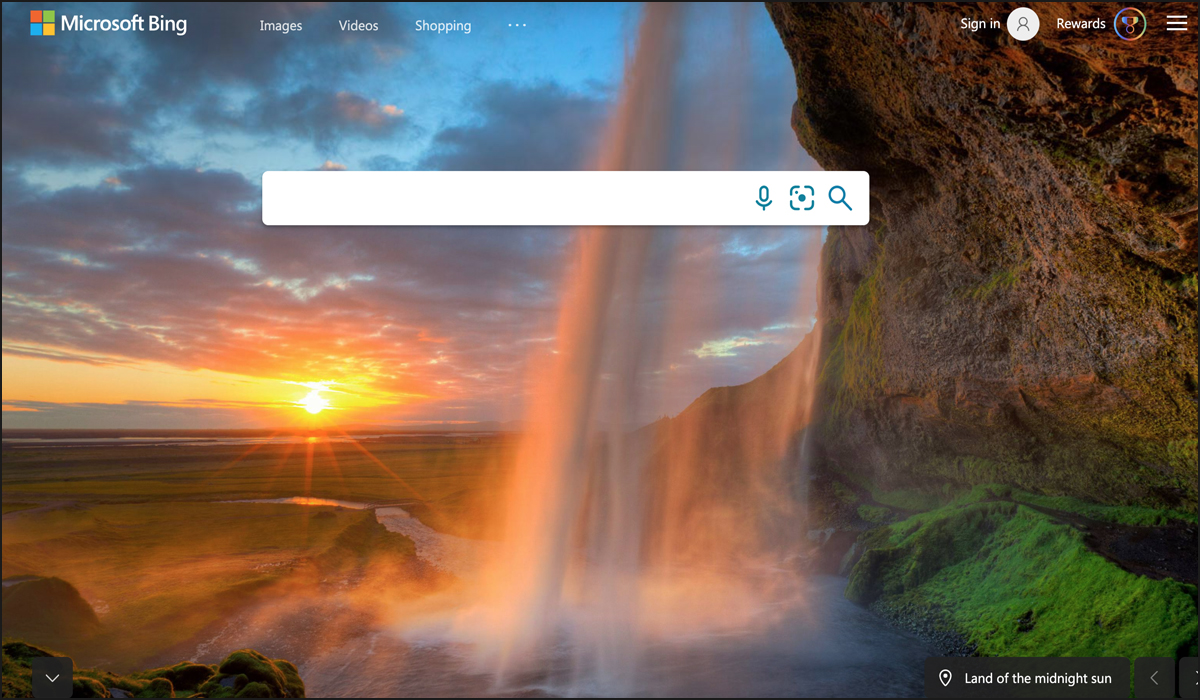Small to mid-sized businesses aren’t in a fair fight when it comes to getting on the first page of Google. So should they hedge their bets on Bing? Or is it possible to come up with an SEO strategy that works for both? In order to answer this we need to explore the differences and similarities between the tech giant synonymous with search and the burgeoning and not to be sneezed at – Bing.
Global Market Share

Google needs no introduction, with 86.6% of the global search engine market and 88.8% in the US alone, the search giant has been the gatekeeper of millions of clients through SEO, PPC and high-quality content for over a decade.
Bing accounts for 5.47% of the US search engine market and 6.7% of the global search market. This translates to millions of users. In fact, one-third of online searches in the US go through Bing via Yahoo, AOL or direct searches. Bing is fairly strong in the US desktop search engine market, controlling well over 13%. According to Statista, Bing accounts for 4% of all organic searches done through the US, while this number pales in comparison to Google’s 92%, it still translates to millions of people.
Basic Layout
While both search engines are used for the same thing, there are quite a few differences in the way they look and operate. Bing has larger thumbnails than Google and you can preview and play their videos without ever having to leave the page. Bing provides a total of eight auto-complete suggestions, while Google provides only four. Some people believe that Google’s image search interface is easier to use because you can move around the images quicker than you can with Bing. However, Bing has more options and filtering features in their image search. For example, you can turn titles off and search by image type, size or color.
Demographics
Microsoft has been kind enough to provide information about its demographics. Bing’s US demographic seems to consist of more mature and affluent people, when compared to Google. Since Bing is primarily used via a PC and is Microsoft Window’s (the most popular OS in the world) search engine of choice, it makes sense that its main audience are white collar working professionals.
Here are the statistics provided by Microsoft:

On the other hand, Google has over four billion users. That is over half of the world’s population. It is said that Google’s key audience is younger and more tech-savvy, but this is just in terms of comparing them with Bing’s core audience.
Advanced Search Features

Bing has the following search operators that Google does not:
- Contains – this search operator introduces you to pages containing specific file types like “jpeg” or “pdf” Google takes you straight to the file itself rather than the pages containing the file.
- Feeds – You can look for RSS feeds that pertain to a specific subject.
- LinkfromDomain – You can get the highest-ranked pages that pertain to a specific subject.
- Ip – This Bing search operator will display websites hosted at the IP address specified.
Google distinguishes itself with the following unique search engine operators:
- Inurl – Allows you to see URLS that contain your keyword.
- Allinurl – Restricts the search results to only those pages with the keyword or search query specified in the URL.
- Allintitle – Allows you to restrict the search results to only those pages with the keywords specified in the webpage’s title.
- Allinanchor – Google will restrict the results to pages that contain all the keywords you have entered in the anchor text on links to the page. Anchor text is the text on the page that is linked to another web page or a different section of the page you are on.
- Cache – This search operator lets you view Google’s most recently cached version of a website.
Keywords
While keyword stuffing is a thing of the past for both, Bing still prefers targeted keywords. In fact, you actually need to spell it out for them or your website will suffer for it. Google is constantly improving their algorithms so that they can interpret the context rather than focusing on the keywords themselves.
Metadata
It is common knowledge that Bing focuses on things such as keywords, anchor text, title tags and H1 and H2 tags. Much like targeted keywords, Bing relies on the metadata to interpret the purpose of the website. Google uses the meta description purely as a way to advertise for the website in SERPS and will penalize you if you use too many words in your meta description. Bing’s ranking process is extremely dependent upon metadata.
Backlinks
It is interesting to note that Google started out as a research project known as BackRub, which used a ranking method when checking a site’s backlinks to determine whether it was trustworthy. Fast forward 23 years and the tech giant is still doing the same thing. Google determines a site’s authority based on the quality of its backlinks, rather than the quantity. In fact, if you have too many backlinks Google will suspect that you have been creating fake links and your domain’s authority will dramatically decrease. Bing places just as much value in quantity as it does quality.
Social Media
Google has indicated that the strength of your social media is not linked to your page’s ranking. The tech giant primarily views social media as a way to drive traffic to your website – which indirectly affects your ranking. With Bing, it is quite the opposite. They have stated that social signals play a significant role in how they rank websites. In fact, Bing has integrated Facebook so when you search for something like a restaurant or hotel, you will be able to see the reviews from your friends on Facebook. Surprisingly, Google hasn’t adopted this same practice.
Domain Age & Type
As a rule, Bing prefers official sites like a .gov or .edu and they also prefer domains that have been around for a long time. Another reason for Bing showing preference to older domains is that it only refreshes its index once every three months. Google will give more consideration to popular or commercial websites if they have superior content.
Home Pages vs Internal Pages
Bing believes that a company’s homepage is much more important than its internal site pages or landing pages. Google does the opposite. They look at each page separately and rank according to each page’s SEO. In fact, they encourage you to take as much time with your landing pages and internal pages, as you do with your homepage.
Fresh Content
Bing has the same policy for new content as they do with new domains. Where Google rewards you for posting new or updated content, Bing prefers content that has proven itself to be reputable over a long period.
Multimedia Content
Some argue that Bing is better at interpreting rich media (like Flash and Javascript) but on Google’s Webmaster Guidelines they explain that as long as you are not blocking Googlebot from crawling your files, they will be able to understand the content. According to Bing’s Webmaster Guidelines, they can generally process JavaScript, but there are limitations. The takeaway here is to not bury any important content on a page containing JavaScript for either search engine.
Local Search
Both search engines provide a map of the local area that clearly shows the locations of businesses or organizations that apply to that search. The main difference between the two is that Bing encompasses a marginally wider radius. Google prioritizes the user’s actual location. Another interesting thing to note this that Bing will add approximately five more minutes onto directions.
Voice Search
According to Statista, 132 people use a digital voice assistant at least once a month here in the US. Earlier this year, Microsoft abandoned its hope of Cortana competing with Apple’s Siri, Amazon’s Alexa and Google’s Assistant as a multi-purpose, generic voice assistant. Instead, Microsoft has promoted Cortana as a platform to help with productivity, specifically for its business services and tools. However, Apple’s new Spotlight Search is showing signs of completely bypassing Google’s search results page. Regardless, SEO for voice search is essentially the same for both Bing and Google.. Make sure your business is listed in all directories – Yelp, Google My Business, Apple Maps, and Bing Places. As most voice searches are performed via a mobile device, you will want to make sure your website is fully optimized for mobile.
Mobile-First Indexing
According to Statista, Google accounts for 95% of all mobile organic search visits, Bing only covers 1.6%. As of July 1, 2019, Google enabled, by default for all new websites, a mobile-first indexing policy. As of September 2020, this policy was extended to all websites – both new and old. Essentially Google uses the mobile version of your website for ranking and indexing purposes. That means that all mobile content and metadata should be optimized and should correspond with the desktop version.
However, Bing maintains that they will continue to use the desktop version of a webpage rather than the mobile version. It is important to note that mobile friendliness is a Bing ranking factor. In order to get a higher ranking, you will need to consider things like proper page fit, button size, viewport configuration, text readability and content spacing on your mobile browsers.
SEO Reports
One of the biggest differences between the two search engines is their transparency concerning their search algorithms. SEO Marketers around the world would love it if Google provided the type of SEO reports that Bing generates every two weeks. In fact, in 2019 Microsoft made one of its algorithms available to marketers – the Space Partition Tree And Graph (SPTAG) algorithm to GitHub.
Algorithm Updates
Google’s algorithm updates have become more frequent since it’s first one back in 2000. In fact, there is one coming up mid-June, the Google Page Experience Algorithm Update. While both search engine’s consistently make algorithm changes, Bing’s is rarely discussed in the SEO arena.
Ranking Factors
Both search engines basically use the same types of ranking factors.

Google uses AI to employ a series of algorithms to rank the factors listed below. They published guidelines on how these algorithms work on their page. Google performs live tests and they use actual people to ensure that the algorithms are working properly.
- Keywords
- Relevance
- E.A.T. – Expertise, Authority & Trustworthiness
- Location
- Site & Page Speed & URL Structure
- Usability on Mobile

Bing also uses AI to create their search algorithms. Their Webmaster Guidelines explain each of the ranking factors listed below:
- Relevance
- Quality & Credibility
- User Engagement
- Freshness
- Location
- Page Load Time
The ranking factors for both search engines are strikingly similar. If that is the case, how can one website pop up on page three in Google, but not even make it on the top 100 of Bing? The difference lies not in the ranking factors themselves, but in the weight they give to each.
Conclusion
The smartest option is to bet on both – since neither Bing nor Google will penalize sites that are optimized for the other. Businesses – small or large – cannot afford to ignore Google, but it would be unwise to not consider Bing when coming up with a SEO strategy. With Google, one of the most important things is to write compelling content for actual humans. You can still use targeted keywords for Bing in your URLS, titles, and metadata without overdoing it for Bing. The key to any successful SEO strategy will always be about providing the best content for your customers. Here at FWM, our Search Engine Marketing team works closely with our content writers to ensure our clients have the best chance of being found online.
Contact us today to talk about a winning SEO strategy for your company.





